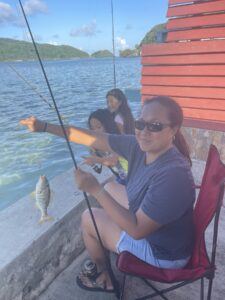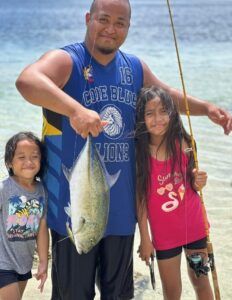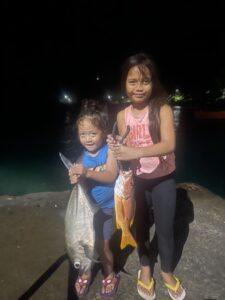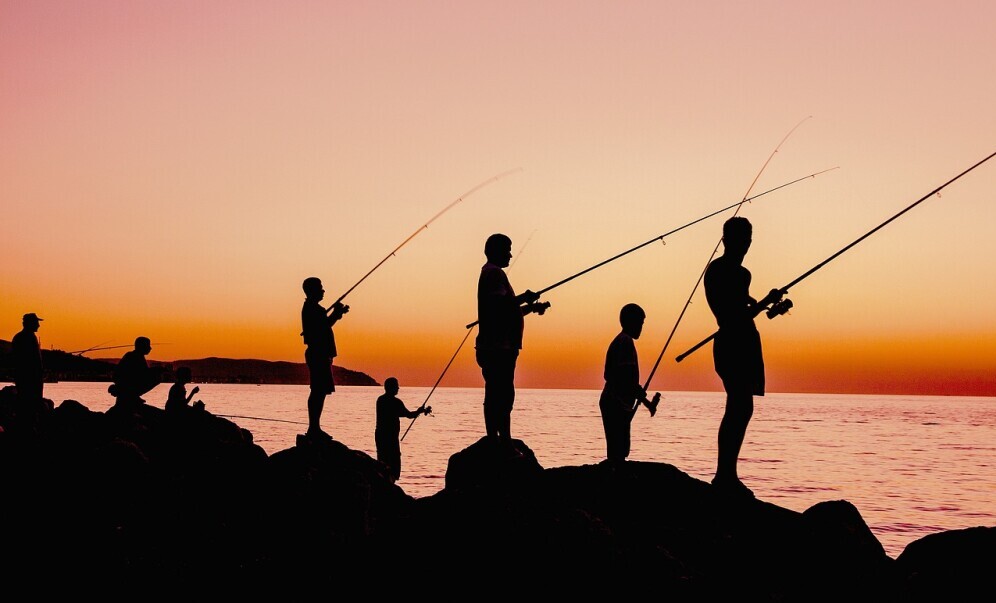



Fishing is a perfect way to connect with nature and enjoy some quality time. Whether you’re relaxing by a serene lake or casting your line into the vast ocean, the combination of tranquility and excitement is unmatched. It’s not just about the catch; it’s about taking a moment to unwind, stepping away from the daily grind, and creating meaningful memories with family and friends.
Getting into fishing can be a bit overwhelming with all the terms and gear. From fly fishing to spinning reels, everything can feel like learning a new language. But hold tight, I’ve got you covered with the basics to get you started without getting tangled up.
Before you cast that line, a bit of know-how goes a long way. It ensures not only a fun experience but also a successful one. Understanding fishing terms and gear sets the foundation for building skills and confidence as you progress.
Taking some time to get familiar with the basics makes hitting the water smoother and more enjoyable. By knowing what to expect and having the right gear, you’re on your way to enjoying everything this pastime has to offer. Fishing isn’t just a sport; it’s a great way to relax and bond with nature.
Essential Fishing Gear for the Novice Angler
When you’re just starting with fishing, picking the right gear is like finding your way in a tackle treasure trove. It doesn’t have to be complicated though. Having the essential kit makes everything easier and sets you up for success. Here’s a rundown of what you’ll need to get started.
The fishing rod and reel are your new best buddies out on the water. For beginners, a simple spinning rod and reel are spot-on because they’re versatile and easy to handle. Keep an eye out for a medium action rod — it’s perfect for catching a variety of fish while not being too tough on your arms.
Fishing lines can get a bit tricky, with different types for different situations. As a rule of thumb, a monofilament line is a solid pick for a newbie. It’s durable and has a good stretch, making it forgiving during those initial learning moments.
Then we got bait and lures. Beginners usually find success with live bait, like worms or minnows, because fish tend to love the real deal. As you get the hang of things, you can experiment with lures, which come in all colors and forms, to imitate different types of prey fish love.
Remember, starting simple is key. It keeps things less overwhelming and more fun while you develop your fishing flair. The right basics not only prepare you for a day out but also help in building knowledge and experience. Let’s get our gear sorted so we can get out there and cast a line.
Safety and Sustainability — The Ethical Angler
Fishing is not just about catching fish; it’s also about being safe and respecting the environment. When you’re out there, safety should be your first priority. Things like checking your gear, knowing weather conditions, and watching your surroundings help prevent mishaps.
Understanding local fishing regulations is crucial. These rules are in place to protect fish populations and ensure future generations can also enjoy fishing. Before you head out, make sure you’re aware of any permits you might need and the specific rules for the area you’re fishing in.
Sustainable fishing practices are becoming more and more important. Learning about catch and release methods ensures that you’re not putting too much strain on local fish populations. Handle the fish gently, use appropriate gear, and release them quickly to minimize stress and harm.
There’s also the bigger picture of how we impact our environment. Pollution is a big issue, and as anglers, we can make a difference by picking up litter, reducing plastic use, and being mindful of our footprint. Little changes like these go a long way in keeping our waters and shores clean for everyone to enjoy.
Practice Makes Perfect — Building Skills and Confidence

Starting something new, like fishing, is all about getting your feet wet and building confidence along the way. Seeking advice from experienced anglers opens up a world of tips and tricks you’d never find just googling around. Local fishing clubs or groups are great places to start and learn more than you ever thought possible.
As you practice, you’ll want to hone your casting skills. It might feel awkward at first, but with patience, your technique will get smoother. Start in an open area with plenty of room and gradually work on accuracy and distance. Every cast is one step closer to finding your rhythm.
Once you land your first catch, knowing how to handle fish with care is important. Not only for the fish’s well-being but also for your safety. Using the right tools to remove hooks and handle fish properly ensures a good experience for both you and the fish.
Learning isn’t just about casting lines; it’s about becoming part of the fishing community. Chat with other anglers, share stories, and swap tips about local spots. Joining a community adds a new layer to fishing, turning it from a simple hobby into a shared passion with others.

